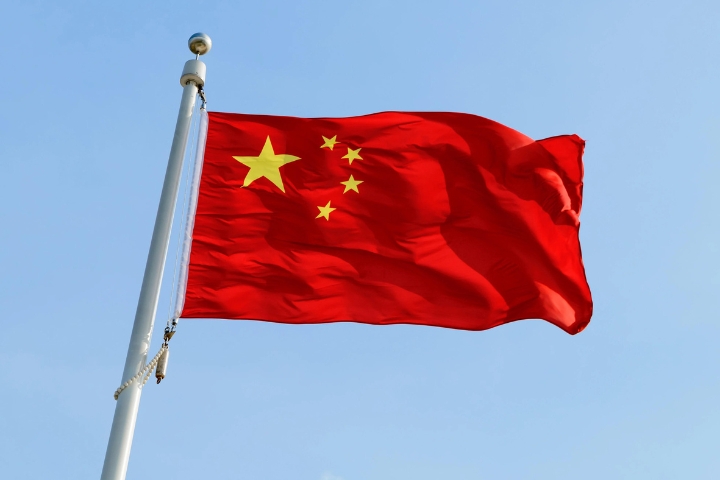According to reports, China has allegedly engaged Taiwanese YouTubers to visit Xinjiang and create content in an effort to counter the negative image of Chinese individuals in Taiwan.
This strategic move aims to mitigate misconceptions by showcasing unique aspects of Xinjiang through the lens of Taiwanese content creators, fostering cross-cultural understanding and promoting positive narratives about China’s diverse population.
They were recorded saying positive things about China
China has been assertively asserting its position against Taiwan, maintaining that the self-governing island falls under its territorial sovereignty. This ongoing tension was emphasized when Taiwanese YouTuber Potter King brought to light Beijing’s actions regarding influencers being encouraged to visit Xinjiang.
According to a report by Radio Free Asia in June, there was a deliberate effort by Chinese authorities to enlist social media personalities with substantial followings to explore and showcase Xinjiang to their audiences. King revealed that influencers with sizable subscriber bases were specifically sought after for this initiative.
These individuals were tasked with producing content that painted China in a positive light, with statements praising the friendliness of the people in Xinjiang and emphasizing the safety of the region as effective talking points. The apparent intent behind this campaign was to shape a tailored narrative about Xinjiang that aligned with China’s stance, presenting the region in a favorable manner and potentially influencing public opinion both domestically and internationally.
The strategic selection of influencers suggests a calculated PR move by Chinese officials to leverage the reach and credibility of popular online content creators to support their agenda regarding Xinjiang.
Second group of celebrities are reportedly scheduled to travel to China’s Xinjiang
Moreover, a second group of celebrities are reportedly scheduled to travel to China’s Xinjiang to laud its local environment and public security.
This news has raised concerns among Taiwanese officials, particularly Taiwan’s Cabinet Deputy Spokesperson Hsieh Tzu-han. She highlighted on Thursday (September 5) the significance of gathering information about China’s activities. Emphasizing the potential risks involved in traveling to China, Hsieh urged Taiwanese people to remain vigilant as their actions could have not only personal consequences but could also impact Taiwan’s standing on the global stage.
Hsieh’s remarks underscore the need for careful assessment and consideration when making decisions about traveling to China.
Taiwanese YouTuber Ariel denied being invited by China, stating her trip was a casual vacation with friends and she did not earn money from her videos.
Social media app ‘Threads’ criticized the influencers, claiming China’s hospitality was an attempt to manipulate facts about its repression of minority groups in Xinjiang.
Taiwan Professors Association President Chen Li-fi emphasized that China’s method of distributing such messages through influencer endorsements is their new kind of PR.





GIPHY App Key not set. Please check settings